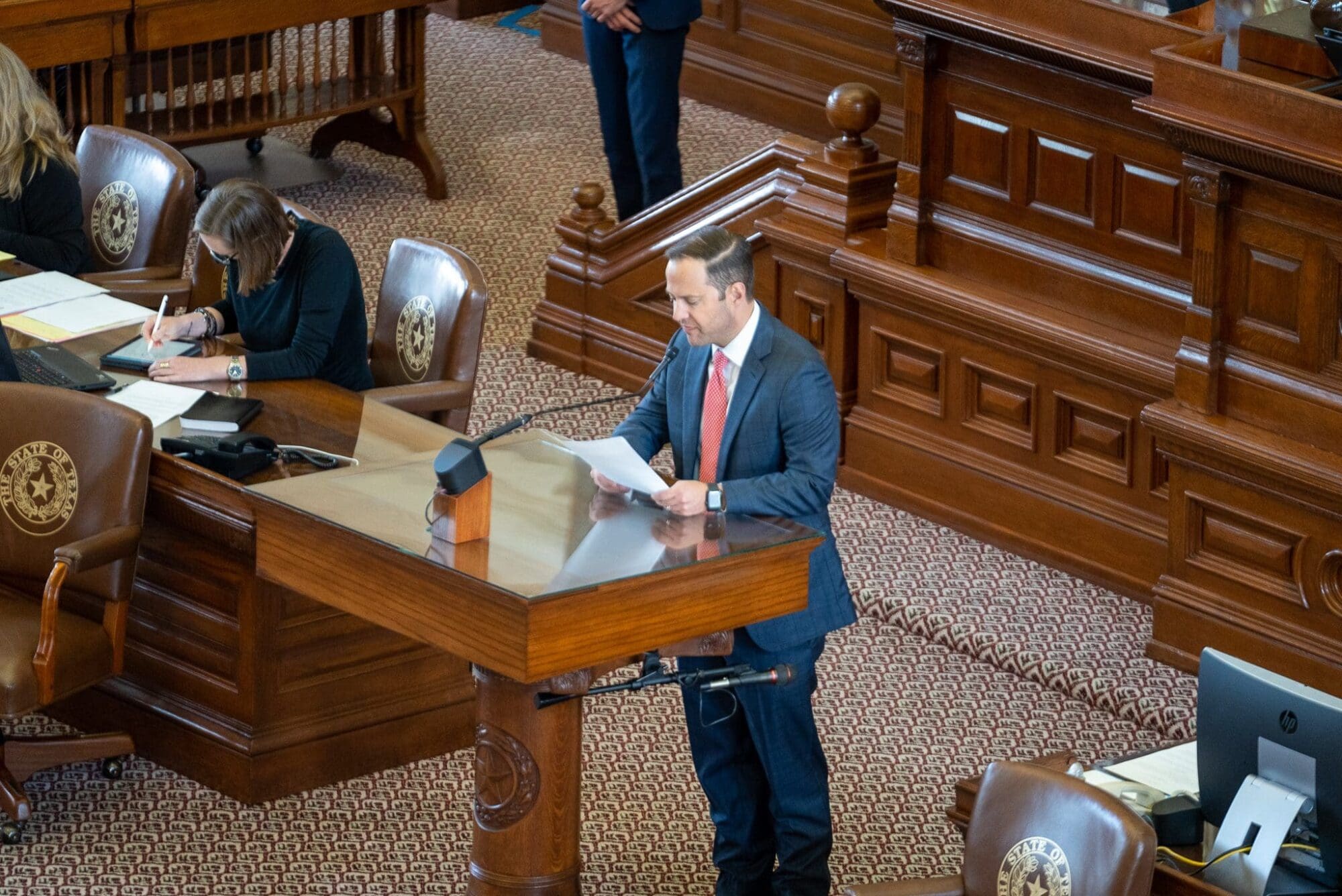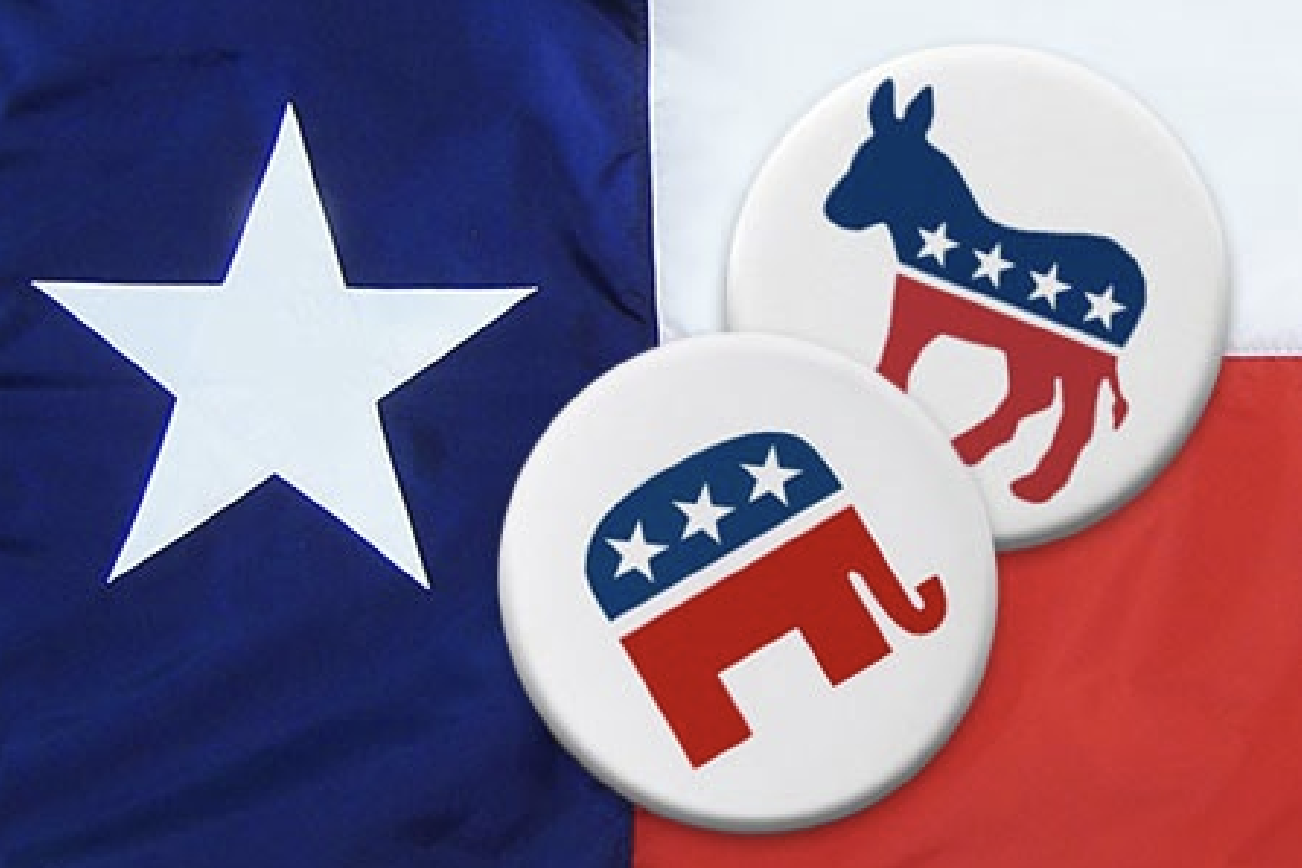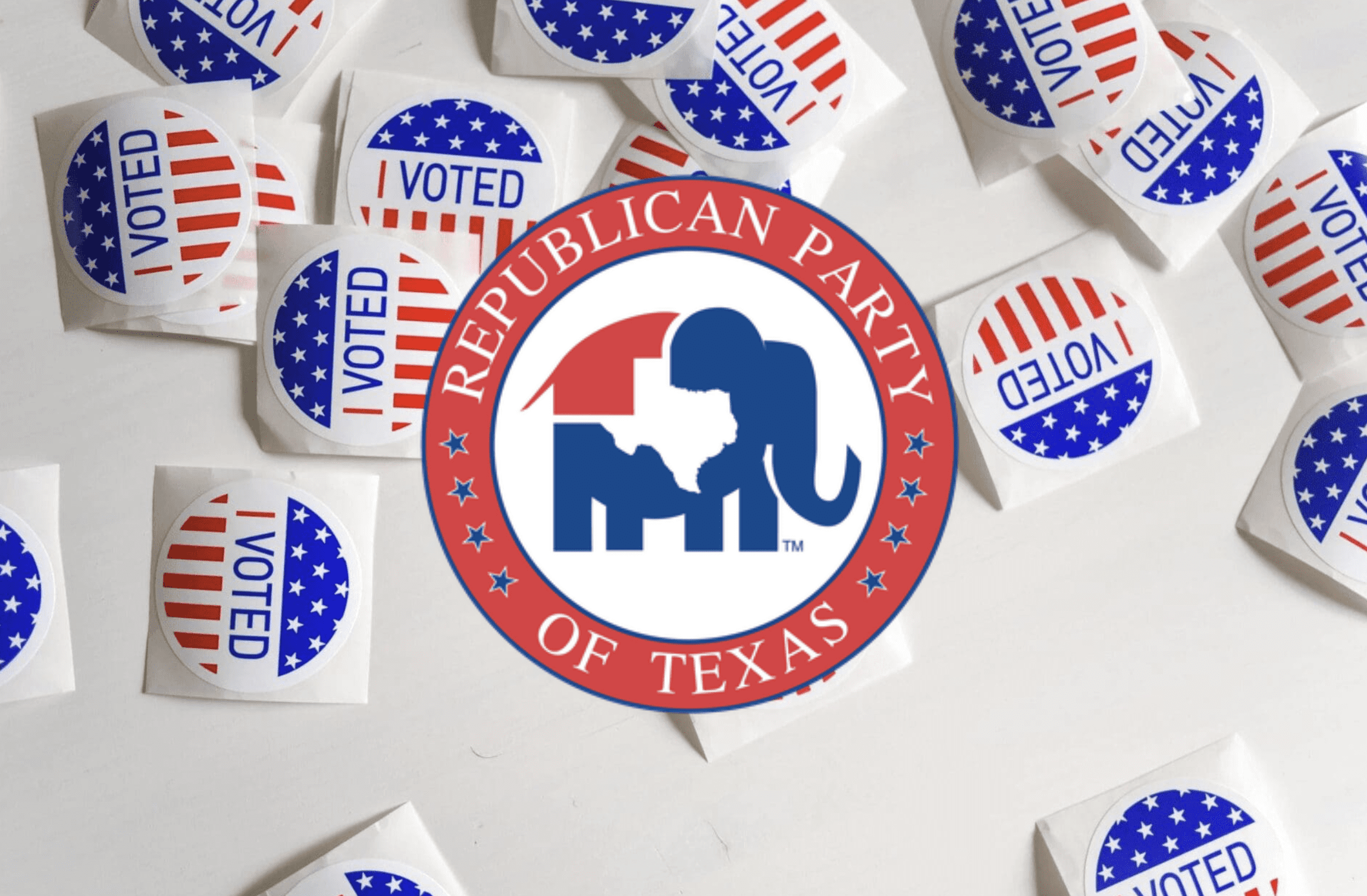It usually takes a minute for sell-out Republicans to be hated by a critical mass of Texans. If he hasn’t already, State Rep. Dustin Burrows (R-Lubbock) will soon achieve that distinction and become so noxious he’ll imperil colleagues in the process.
When I wrote a month ago that the Texas House would mimic the U.S. Senate by holding a secret ballot vote for speaker, the parallels were more numerous than initially conceived.
What’s about to happen to Burrows and his cabal of AWOL Republicans was previewed in D.C. shortly after the Senate majority leader selection was made in secret.
As soon as they achieved their end, the U.S. Senate’s establishment members began chipping away at Donald Trump’s nominees. That din of undermining rhetoric—or, in some cases, outright opposition—looked like it wouldn’t end until U.S. Sen. Joni Ernst was identified as the ringleader of opposition to Pete Hegseth’s nomination. The ensuing MAGA firestorm had Ernst waving a white flag in less than a week. Since then, she has been busy posting glowing reviews of her time with Tulsi Gabbard and Kash Patel.
The same unwanted and career-endangering attention visited upon Ernst is what’s coming for Burrows and each of his compatriots.
How predictable is the outcome in this case? Quite.
First, let’s review some background.
After being speaker for two sessions, Dade Phelan withdrew from the race a day before the GOP caucus was set to select a speaker from its ranks. Caucus rules state that Republicans will choose a speaker candidate and that the entire caucus will back that member on the floor of the House on the first day of the legislative session.
Nothing else matters.
Phelan had done nothing but take on water during his tenuous reign over the House. In 2021, he allowed Democrats to walk out on an election integrity measure, a priority item for Gov. Greg Abbott. This led to a sub-optimal compromise measure in a subsequent special session.
He and his leadership team deployed the same tactic again in 2023 on multiple occasions to kill school choice, another piece of Abbott’s priority legislation. Then, in the middle of that multi-month effort, Phelan tried and failed to take out the duly-elected Attorney General of Texas, Ken Paxton.
To call Phelan and his team politically endangered by these actions falls well short of describing the melee that awaited the speaker and his anti-school choice, Democrat-abetting, Paxton-impeaching loyalists.
Republican party primary voters were beside themselves and took out a record number of members based on these markers of inadequacy and waywardness.
Even Phelan was forced into a primary runoff election, which he barely won… and then only with crossover support from voters with Democrat voting histories.
No one close to the leadership circle for the past three sessions belongs anywhere near the speakership. And it’s hard to imagine someone closer than Dustin Burrows. He was an integral member of the Phelan leadership team; many would contend he was a shadow speaker.
Best known for being involved in a quid pro quo scandal that brought down former Speaker Dennis Bonnen, Burrows has been eyeing the speakership for some time.
After Phelan resigned, Burrows—the lobby’s pick—threw his hat in the ring.
Then, after losing two rounds of voting in the Texas GOP caucus, Burrows stormed out with some of his Republican allies, went to the Democrats to get votes, and declared he would be the next speaker of the House.
The Dallas Morning News accurately characterized the situation: the Texas House Republicans chose their speaker, David Cook, but the loser, Dustin Burrows, declared victory.
Burrows held a press conference that evening featuring some of the most depressed-looking members of the Texas House you’ve ever seen to announce his pyrrhic win. Juxtaposed with the pride-filled faces of the members at the Cook announcement, which included Burrows supporters, the Burrows camp looked like they were attending a wake.
In a way, some of them were. They’d just taken their political careers out behind the barn and dispatched them with Kristi Noem-like expediency.
Burrows represents a continuation of the previous two speakerships, which were objective disasters as a result of their scandal and ineptitude.
Dennis Bonnen was run off his perch after just one session after he tried to bribe the publisher of Texas Scorecard with access to the Capitol in return for his services as an attack dog.
Now, after the Dade interlude, they’re trying to pass down the speakership directly in an atmosphere that is the most inhospitable it’s ever been to this type of maneuvering.
Why do these members seem intent on torching themselves on a pyre? It’s a last-ditch effort by the lobby to hollow out the state of Texas and its values. That includes delivering the House to out-of-state gambling interests.
To their credit, the majority of Republican members—including some who voted for Burrows in the caucus—are sticking to the rules. There were 62 of 88 left in the caucus meeting. That means just 26 Republicans have been actively partnering up with Democrats to back Burrows’ renegade run for speaker.
This is an establishment power grab in a year when Donald Trump won Texas by the most significant Republican electoral margin in over a decade.
It’s also similar to the aborted effort that unfolded in D.C.
Ultimately, this will fail. Texas voters will make Joni Ernsts out of Burrows and his supporters. Some have already bailed, while others—who are in the nothing-to-lose phase of their political tenures—will be bitter-enders.
The voters will prevail.
A recently defeated representative and Burrows ally from Parker County whined ahead of the caucus vote that the speaker vote was being held because of outside pressure. That pressure, misattributed to donors by the soon-to-be former representative, is actually from an informed and engaged electorate.
Kudos to the people of Texas.
No ads. No paywalls. No government grants. No corporate masters.
Just real news for real Texans.
Support Texas Scorecard to keep it that way!





